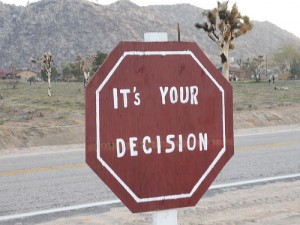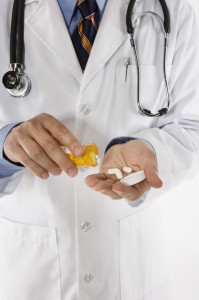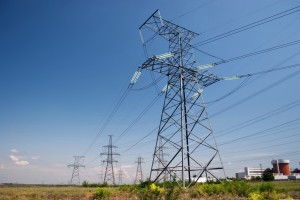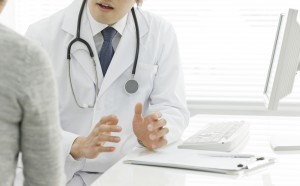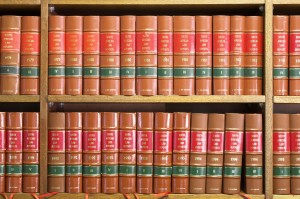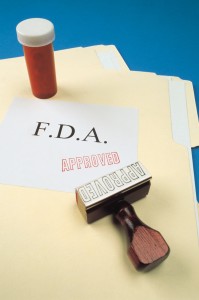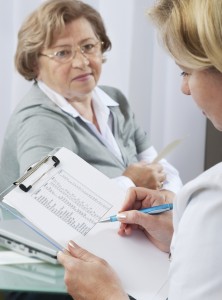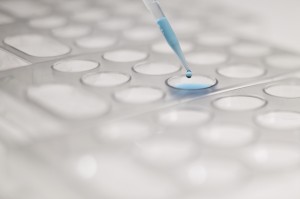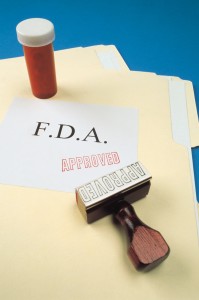 The United States Department of Justice (“DOJ”) has intervened in two False Claims Act suits filed against the pharmaceutical giant Novartis, alleging the company paid unlawful kickbacks to physicians and pharmacies in violation of federal law. Novartis is the second-largest pharmaceutical company in the world by sales, the global headquarters of which are located in Basel, Switzerland, and American operations based in New Jersey. Both suits were filed in the U.S. Attorney’s Office for the Southern District of New York, located in Manhattan. The suits allege violations of a federal law known as the Anti-Kickback Statute.
The United States Department of Justice (“DOJ”) has intervened in two False Claims Act suits filed against the pharmaceutical giant Novartis, alleging the company paid unlawful kickbacks to physicians and pharmacies in violation of federal law. Novartis is the second-largest pharmaceutical company in the world by sales, the global headquarters of which are located in Basel, Switzerland, and American operations based in New Jersey. Both suits were filed in the U.S. Attorney’s Office for the Southern District of New York, located in Manhattan. The suits allege violations of a federal law known as the Anti-Kickback Statute.
In the first suit filed by federal prosecutors, the United States alleges that Novartis paid kickbacks to pharmacies in exchange for switching patients from CellCept, a brand name immunosuppressant manufactured by Hoffmann-La Roche (a competing Swiss pharmaceutical company), or a generic version, to Myfortic, Novartis’s immunosuppressant drug. The payments to pharmacies were characterized as “rebates” and “discounts,” a common practice by which drug companies seek to disguise unlawful attempts to induce pharmacy referrals of drugs to be reimbursed by federal health insurance programs.
Only days later, a second suit was filed in connection with Novartis’s allegedly pervasive use of kickbacks to physicians in exchange for prescriptions of Novartis products. According to the complaint, Novartis paid doctors “honoraria” fees for endorsing and speaking about certain drugs, including hypertension drugs Lotrel and Valturna as well as its diabetes medication, Starlix. While it is not per se unlawful for physicians to accept compensation for appearing at events sponsored by pharmaceutical companies or speaking favorably about a company’s drug, such fees are often nothing more than unlawful kickbacks in disguise. In this case, the government claims that Novartis sponsored events and paid doctors to attend events which were essentially social gatherings for doctors with only de minimis educational value. In many instances, doctors spent little or no time discussing the drugs at issue, and some of the purported speaker events either did not occur at all or had very few attendees. The kickback scheme is also alleged to have included elaborate dinners; one such meal at a restaurant in Washington, D.C. cost $672 dollars per person.
 Whistleblower Attorneys Blog
Whistleblower Attorneys Blog





